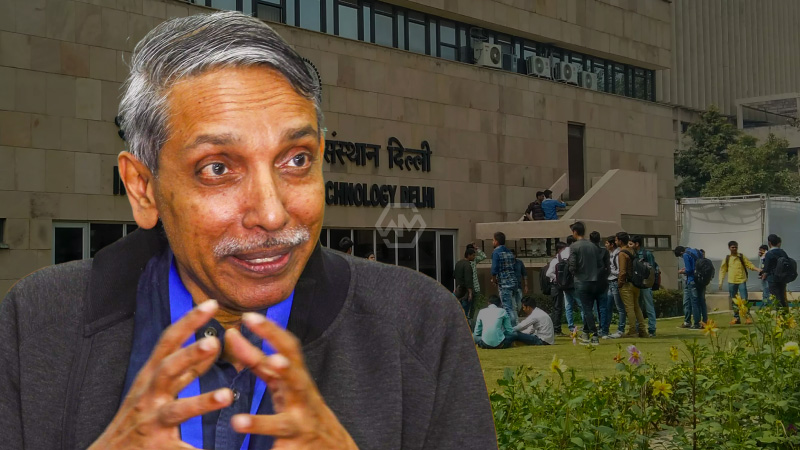- Enhanced Accessibility: Biannual admissions offer students more opportunities to join universities, catering to diverse circumstances and ensuring no one misses out due to timing constraints.
- Strategic Resource Allocation: With twice-yearly admissions, universities can optimize resource distribution, including faculty, facilities, and support services, leading to more efficient operations.
- Global Competitiveness: Aligning with international practices boosts India’s standing as a global study destination, fostering collaborations, improving employment prospects, and elevating educational standards.
Biannual admissions in Indian universities mark a pivotal shift towards greater inclusivity and flexibility in higher education. By offering two admission cycles annually, universities accommodate students’ varied needs, ensuring that no aspiring learner is left behind due to timing constraints.
Embracing biannual admissions not only streamlines resource allocation but also strengthens India’s position on the global education stage. This move aligns Indian universities with international norms, enhancing their competitiveness and attractiveness to both domestic and international students.
Embracing biannual admissions to transform Indian higher education
Biannual admissions herald a new era of opportunity in Indian universities. With two admission cycles annually, students gain greater flexibility to pursue their academic dreams, regardless of timing constraints. This innovation promises to open doors for those who may have missed out previously, ensuring no one is left behind in their quest for knowledge.
By adopting biannual admissions, universities can better align with the needs of today’s dynamic student population. This shift not only enhances accessibility but also fosters a culture of continuous learning and growth. With more frequent intake opportunities, students can embark on their educational journey at their own pace, maximizing their potential for success.
The implementation of biannual admissions underscores India’s commitment to global educational standards. By mirroring international practices, Indian universities signal their readiness to compete on the global stage. This strategic move not only enhances the country’s reputation as a desirable study destination but also strengthens its position in the increasingly competitive landscape of higher education.
Biannual admissions pave the way for a more efficient and resource-optimized higher education system. Universities can now streamline their operations and better allocate resources, from faculty to facilities, to accommodate the needs of a growing student body. This forward-thinking approach positions Indian universities for sustainable growth and excellence in the years to come.
In conclusion, the introduction of biannual admissions in Indian universities represents a transformative step towards a more inclusive, flexible, and globally competitive higher education landscape. By embracing this change, institutions not only expand opportunities for students but also enhance their own capacity for innovation and excellence. This shift underscores India’s commitment to fostering a dynamic learning environment that empowers individuals to thrive in an ever-evolving world.
“Biannual admissions mark a significant stride towards a more inclusive and flexible higher education system, ensuring that no student’s aspirations are bound by timing constraints.”



